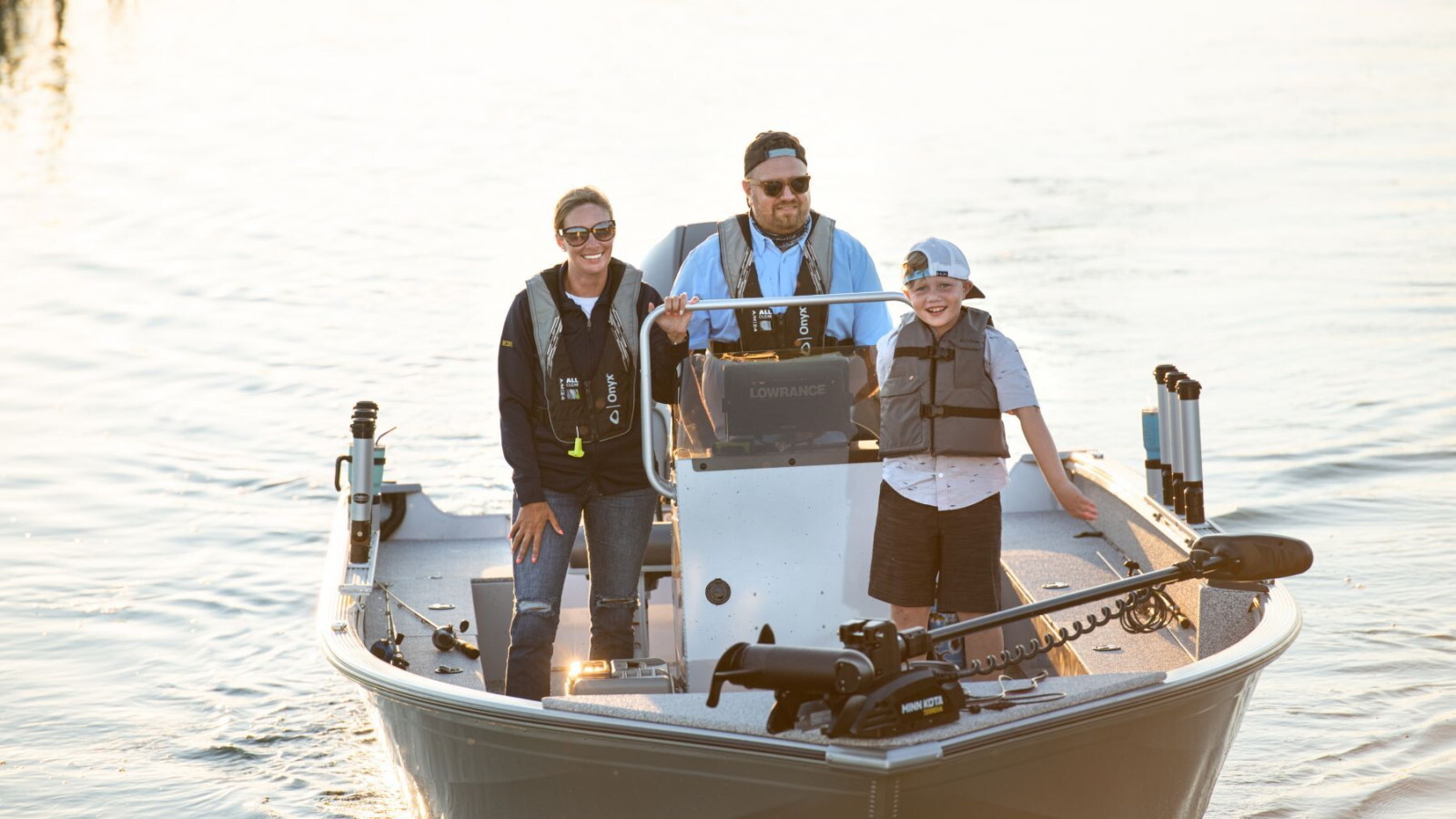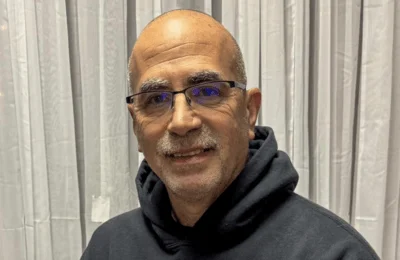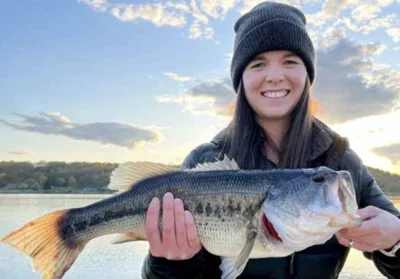As summer approaches and boaters prepare to head to the nation's waterways for fun in the sun, the Water Sports Foundation (WSF) is calling for new and returning boaters to follow safe boating practices.
According to a press release, Memorial Day is the traditional launch to seasonal boating activity, and the WSF has put together a list of 10 tips to help boaters stay safe in 2022.
“Especially with so many new boaters gearing up for a fun season of activity on our nation’s crowded waterways, we felt it was important to share these tips to keep boaters safe and alert this year,” Water Sports Foundation Executive Director Jim Emmon said.
Take a boating safety class or refresher: New and seasoned boaters are urged to take advantage of online virtual training options or traditional live instruction to familiarize themselves on boating safety. In some states, new boaters are required to take mandated boater ED classes.
Buckle up: Everyone on board is strongly encouraged to wear a U.S. Coast Guard-approved life jacket. The U.S. Coast Guard reports that drowning is the cause of death in 79% of fatal boating accidents and 86% of those victims were not wearing life jackets
Designate a sober skipper: Alcohol use is the leading known cause fatal boating accidents and is the leading factor in 23% of deaths, according to the U.S. Coast Guard.
Preseason boating safety vessel and equipment checks: Boaters should have their vessel checked by their local U.S. Coast Guard Auxiliary to ensure everything is in proper working order, especially if its been awhile since the boat has been taken out on the water. Boaters should also carry and be proficient in the use of a VHF radio, EPIRB or personal locator beacon.
Boaters are now legally required to replace any fire extinguishers 12 years or older with the age starting from manufacture date, not the purchase date. All boats under 26’ must have an engine cut off switch link (ECOS-L), which is an onboard safety device to turn off a boat’s engine if the operator is throw off the boat.
• File a float plan: A “float plan” is a list of your crew members, their contact information including cell numbers, along with your itinerary including destinations and expected return time. This information should be shared with family members, friends and/or marina staff to be referenced in case anything happens.
• Crew communication: Before departure, the captain should review boating safety requirements with everyone on board before departure, especially if new boaters are aboard. The discussion should include designated seating for passengers, life jacket usage, positions of throw cushions or other devices, appointing observers to watch for oncoming boat traffic or lifeguard duty, etc. Captains should also ensure that their vessel's maximum capacity rating can accommodate the number of passengers and their collective weight.
• Check weather forecasts: The captain should consult weather forecast and conditions to ensure that weather is favorable and to avoid inclement weather. Weather should be regularly monitored using mobile apps if available. Captains should update whomever they filed a float plan with and seek shelter immediately in case of rapidly deteriorating weather conditions.
• Slow down: Obey all posted speed limits.
• Pay attention: Many accidents are the result of distraction or inattention. The captain and the designated skipper should remain vigilant.
• Choose destinations carefully: New boaters are advised to choose less busy destinations and crowded spots until they become more experienced.
The Water Sports Foundation (WSF) is based in Orlando, Fla., and functions as the nonprofit educational arm of the Water Sports Industry Association. Funding for WSF educational outreach is provided by a grant from the U.S. Coast Guard's Sport Fish Restoration and Boating Trust Fund. Visitors can find more information at the WSF's website.







